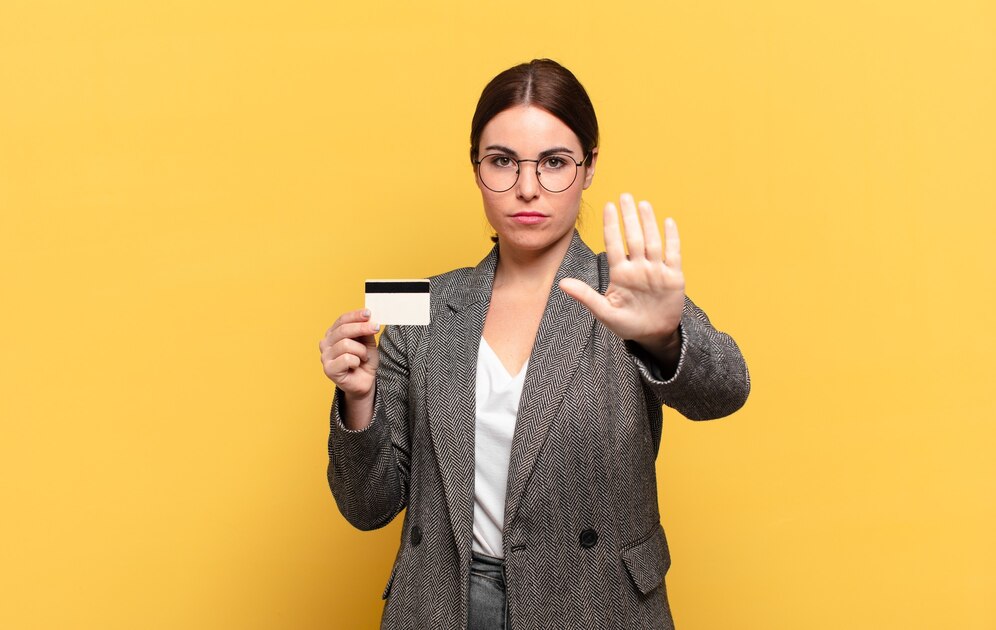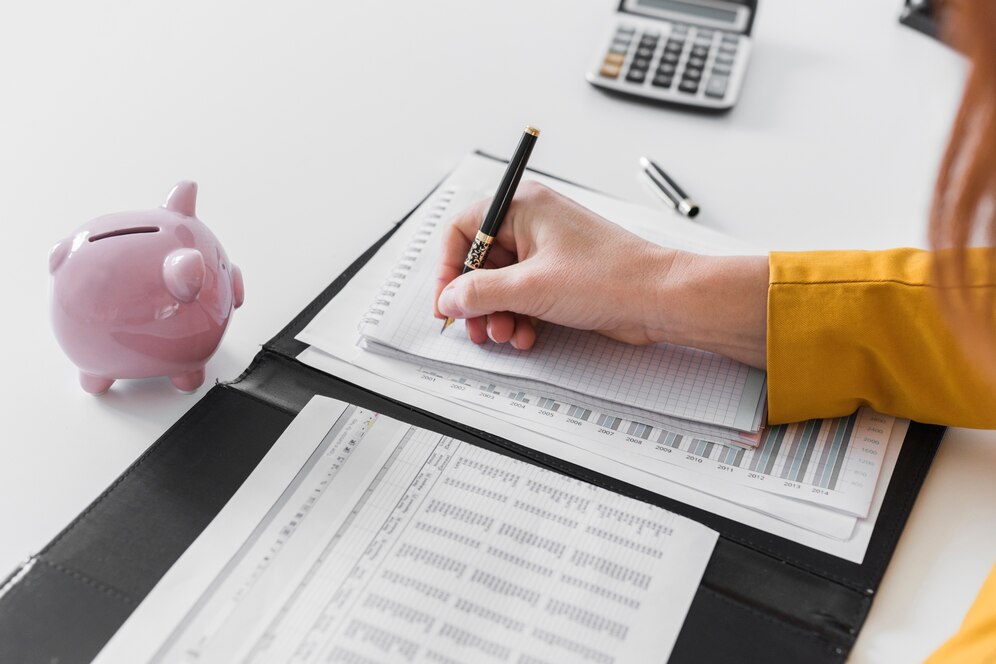When to Stop Using a Credit Card: Key Signs You Shouldn’t Ignore
Learn the most important signs to stop using a credit card. Discover financial red flags and strategies to regain control of your money.
Overspending, stress, and debt?
Credit cards can be powerful financial tools when used wisely. They offer convenience, help build credit, and sometimes come with great rewards.
But there are moments when the best financial move you can make is to stop using them—at least temporarily. If you’re feeling overwhelmed by balances, struggling with repayments, or relying on your card to cover everyday expenses, it’s worth evaluating your habits.
Recognizing the warning signs early can help you avoid long-term financial damage. This article walks you through key reasons why and when you should stop using a credit card—and what to do instead.

1. You’re Only Making Minimum Payments
If you’re stuck making only the minimum payment each month, your debt is not going away—it’s growing. Interest charges will continue to build, and your progress will be painfully slow.
This is one of the clearest indicators that your credit card use is unsustainable. At this stage, putting your card on pause can stop the cycle and allow you to focus on repayment.
2. You’re Using Credit to Cover Essentials
Groceries, gas, or rent should not be routinely going on your credit card unless you pay the balance in full every month.
When basic needs are being financed through revolving debt, it signals a deeper budget issue.
Stop charging these expenses and assess your income vs. spending. You may need to make hard adjustments or seek financial support to avoid digging a deeper hole.
3. Your Credit Utilization Is Too High
Using more than 30% of your available credit can negatively affect your credit score. If your balances are nearing your credit limit, it’s time to pause the spending.
High utilization can be a sign you’re living beyond your means, and continuing to charge more will only make it harder to bounce back financially.
4. You Feel Financial Stress or Anxiety
Your mental health matters. If your credit card bill causes dread, guilt, or anxiety, that’s a red flag.
Financial peace of mind is just as important as having access to credit. Stopping your use—even for a short while—can be a smart step toward regaining control and reducing stress.
5. You’re Chasing Rewards but Ignoring the Cost
It’s easy to get swept up in earning points, cash back, or travel perks. But if you’re spending money you don’t have to chase those rewards, you’re playing a dangerous game.
Credit card rewards are not worth it if they lead to high-interest debt. If this sounds familiar, take a step back and reconsider your priorities.
6. You Miss Payments Regularly
Missing payments doesn’t just hurt your credit score—it racks up late fees and interest, making everything more expensive.
If you’re falling behind, stop using the card immediately. Prioritize catching up and getting organized, possibly setting up automatic reminders or exploring a debt repayment plan.
7. You Don’t Have a Repayment Plan
Charging without a plan is risky. If you’re just spending with no concrete strategy for repayment, you’re setting yourself up for financial trouble. Stop now.
Create a plan. Use budgeting tools or talk to a credit counselor to map out a path forward before things spiral.
What to Do Instead
- Switch to cash or debit to control spending.
- Build a budget based on real income and expenses.
- Explore balance transfer cards to reduce interest (if applicable).
- Contact your lender about hardship options.
- Consider credit counseling for guidance and support.
Stopping your credit card use doesn’t have to mean canceling it. It’s about taking a break to re-establish healthy habits and protect your financial well-being.
Conclusion
Knowing when to stop using a credit card is a key part of being financially responsible.
If your card use is leading to debt, stress, or poor financial decisions, taking a step back can be a powerful choice.
Reflect on your spending, create a plan, and remember—you’re not alone. There are tools, people, and strategies that can help you recover and rebuild smarter. Taking control now is the first step toward a stronger, healthier financial future.





